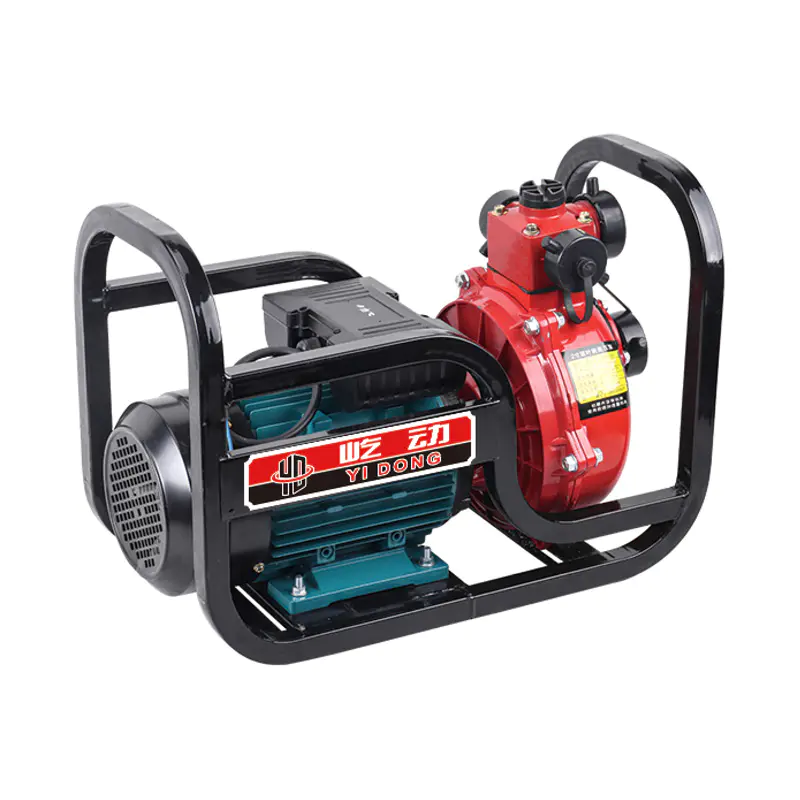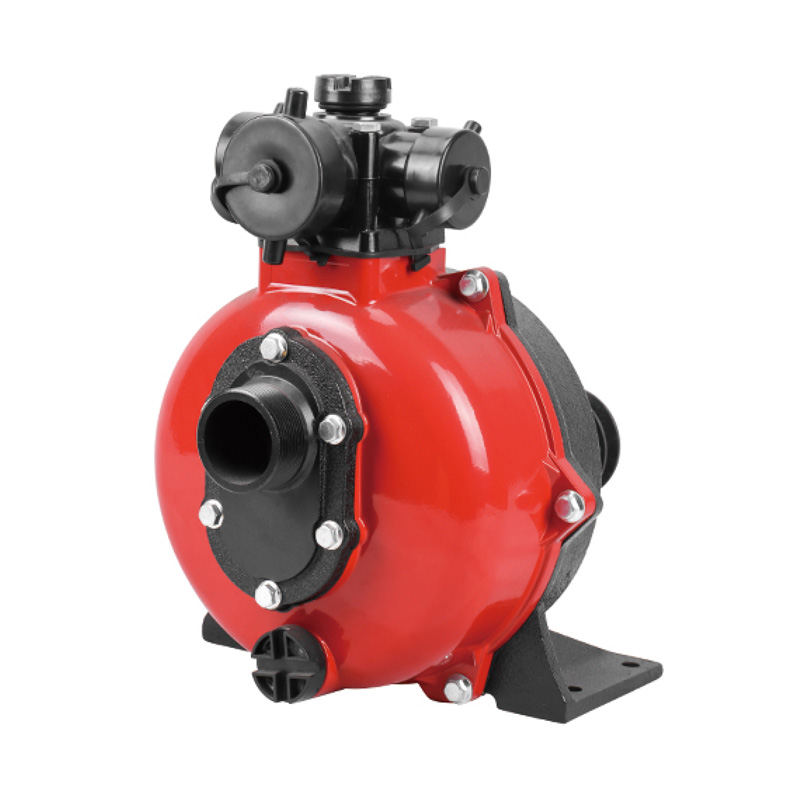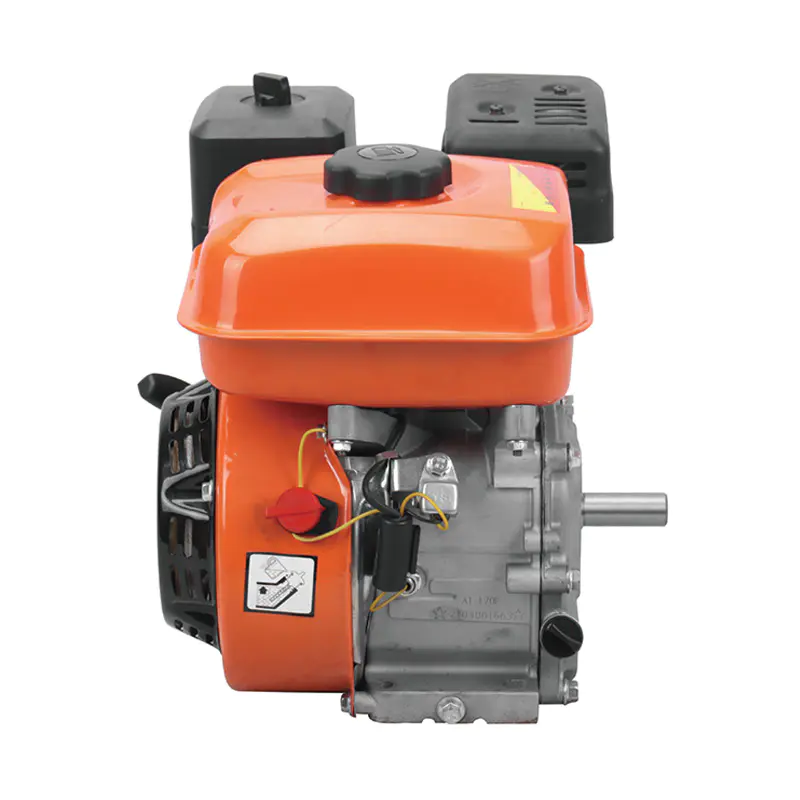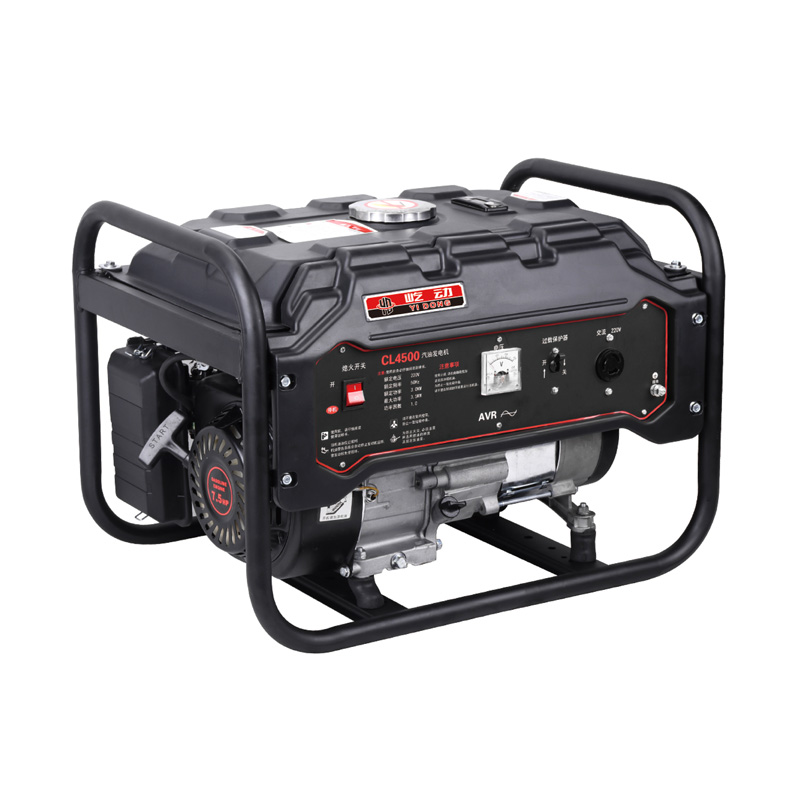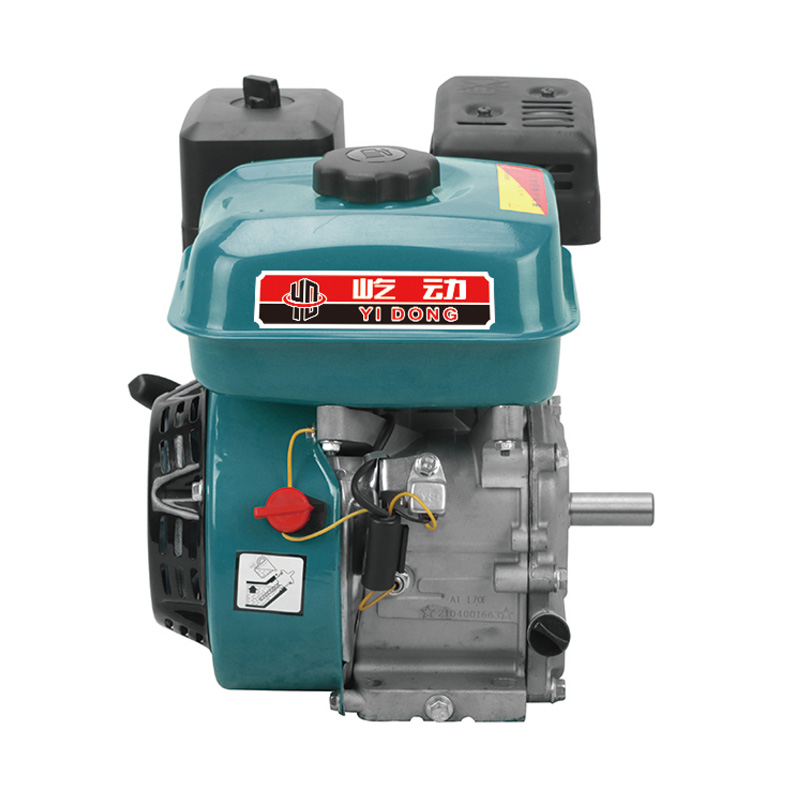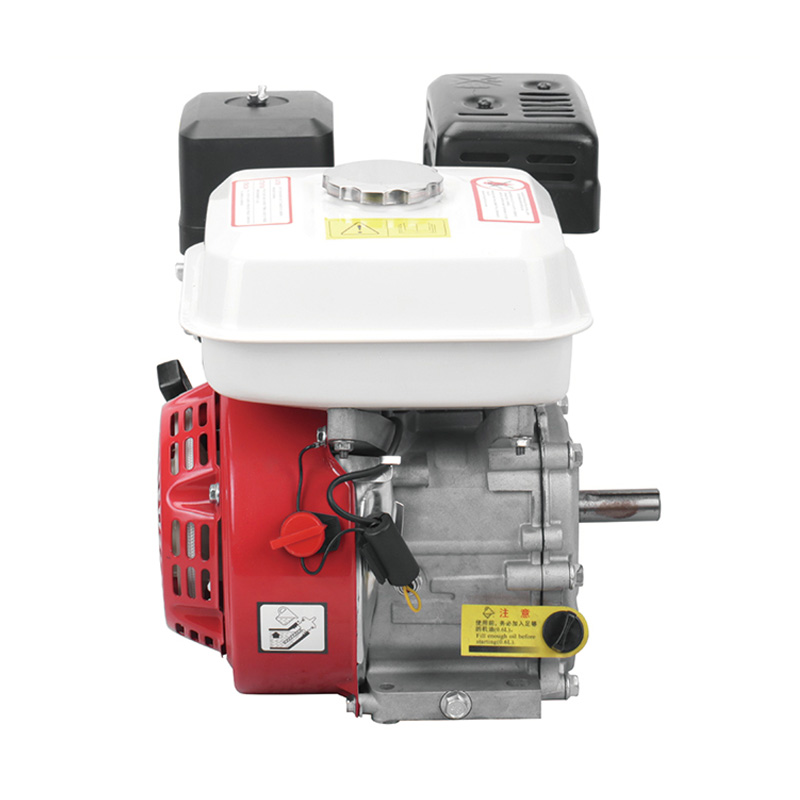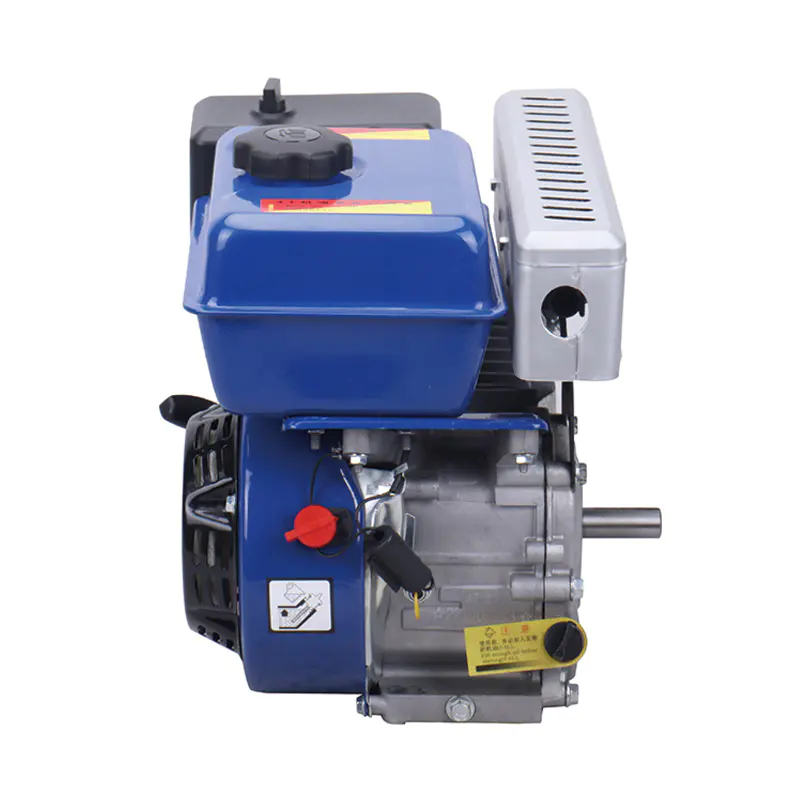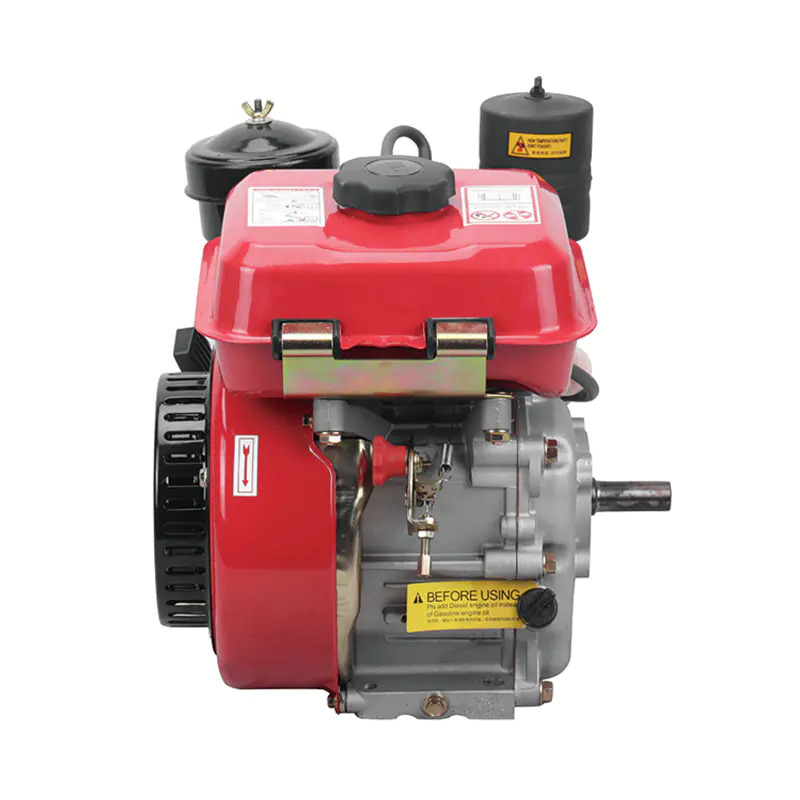The Rise of Turbocharged Technology
Small general turbocharged gasoline engines have become increasingly popular in the automotive industry due to their ability to offer high performance with reduced fuel consumption.
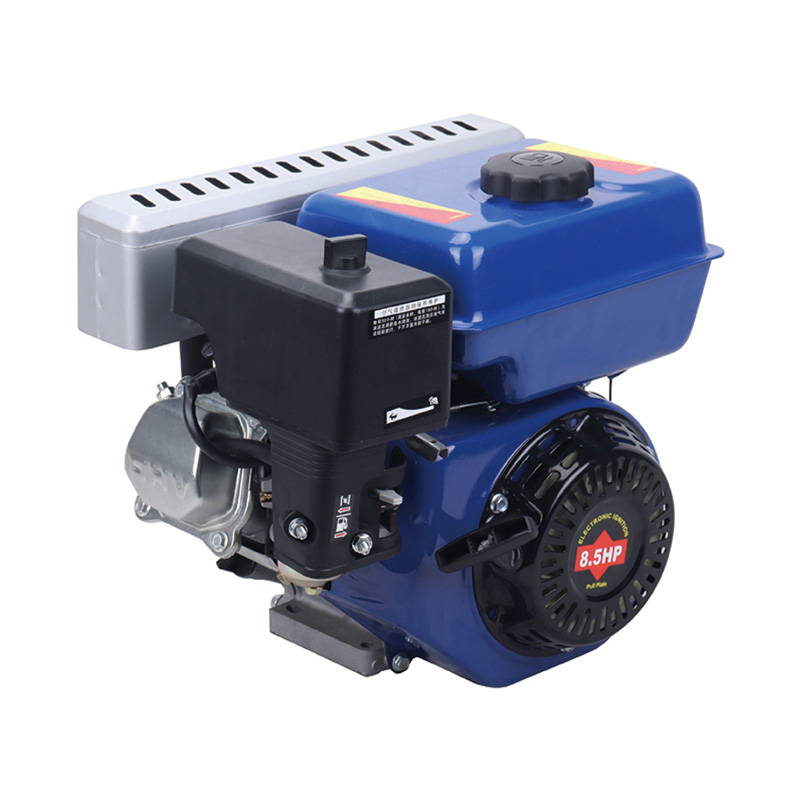
Efficiency and Power: The Core Advantages
One of the primary characteristics of small turbocharged gasoline engines is their efficiency. Turbocharging technology allows these engines to extract more power from the same displacement, a significant increase in power-to-weight ratio. This means that a small engine can produce the same or more power as a larger engine, which is beneficial for both vehicle performance and fuel efficiency.
Responsiveness and Torque
Another notable characteristic is the responsive nature of these engines. Turbocharged engines are known for their quick torque delivery, providing instant power when needed. This is achieved through the use of a turbine that forces more air into the engine's combustion chamber, resulting in a more potent explosion and, consequently, a burst of torque.
Environmentally Conscious Design
The environmental impact of vehicle emissions is a pressing concern, and small turbocharged engines play a significant role in addressing this issue. By increase the power output from a smaller engine, these systems can reduce the need for larger, more polluting engines. This not only helps in meeting stringent emission standards but also contributes to a cleaner environment.
Compactness and Lightweight
The compactness and lightweight nature of small turbocharged gasoline engines are other important characteristics. These engines are designed to be more compact, which is beneficial for vehicle design, allowing for more cabin space or better weight distribution. The reduced weight also contributes to improved fuel efficiency and handling.
Reliability and Durability
Reliability and durability are often associated with the robustness of an engine. Turbocharged gasoline engines have come a long way in terms of reliability, with advancements in materials and engineering ensuring that these engines can withstand the higher pressures and temperatures associated with turbocharging.
Noise and Vibration Reduction
Noise and vibration are inherent in all engines, but the characteristics of small turbocharged gasoline engines have been refined to minimize these issues. Modern designs incorporate balance shafts, advanced bearings, and soundproofing materials to ensure a smooth and quiet operation.
Fuel Economy and Cost-Effectiveness
The fuel economy of small turbocharged engines is another characteristic that sets them apart. By offering more power with less displacement, these engines can achieve better fuel consumption figures, translating to cost savings for the consumer. Additionally, the reduced size and weight often lower production costs, which can be passed on to the consumer.
Adaptability and Versatility
The adaptability of small turbocharged gasoline engines is noteworthy. They can be easily scaled to fit a variety of applications, from small cars to larger SUVs and trucks. This versatility makes them a popular choice for manufacturers looking to standardize their engine lineup across multiple vehicle types.
Small general turbocharged gasoline engines are characterized by their efficiency, power, responsiveness, environmental friendliness, compactness, reliability, noise reduction, fuel economy, and adaptability. As technology continues to advance, these engines are poised to play an even more significant role in the automotive industry, offering consumers a balance of performance and practicality that is hard to beat.
By understanding these characteristics, it becomes clear why small turbocharged gasoline engines are becoming the preferred choice for many manufacturers and consumers alike. As we look to the future, we can expect to see further innovations that will only enhance the performance and appeal of these engines.



 English
English русский
русский Français
Français Español
Español عربى
عربى